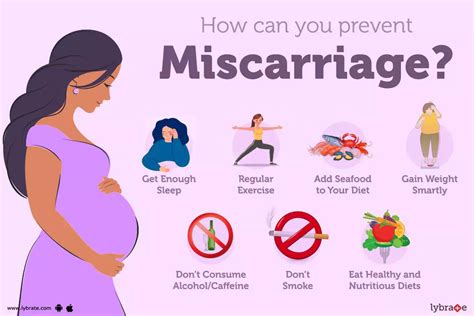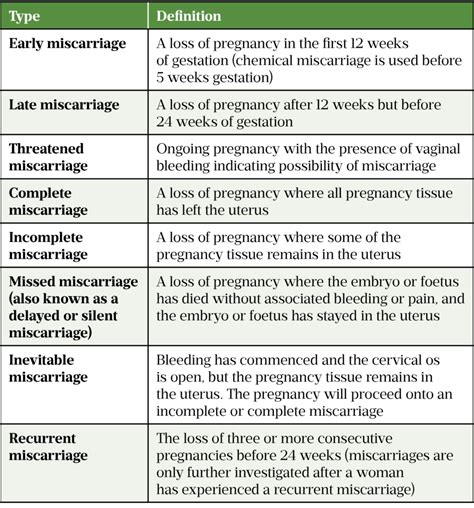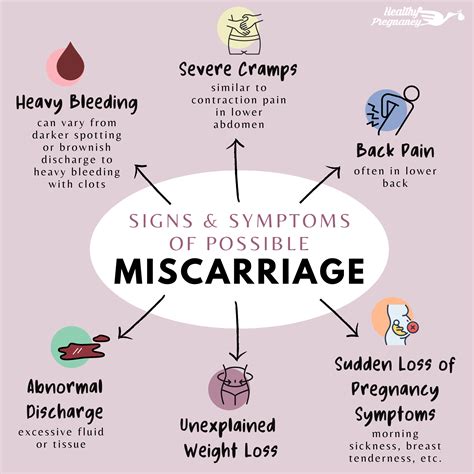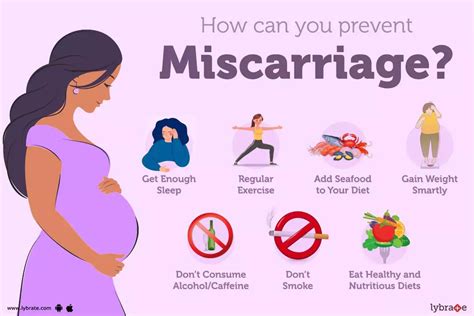Intro
Recognize 7 miscarriage signs, including bleeding, cramping, and hormonal changes, to seek timely medical help and prevent complications, understanding early miscarriage symptoms and pregnancy loss causes.
Miscarriage is a sensitive and often devastating experience for many women. It is essential to understand the signs and symptoms of miscarriage to seek medical attention promptly. Recognizing these signs can help women receive the necessary care and support during a difficult time. Miscarriage can be a traumatic experience, and being aware of the warning signs can make a significant difference in the outcome.
The importance of recognizing miscarriage signs cannot be overstated. Early detection and medical intervention can help prevent complications and ensure the best possible outcome. Moreover, understanding the signs and symptoms of miscarriage can also help women cope with the emotional and psychological impact of the experience. It is crucial to approach this topic with sensitivity and compassion, acknowledging the emotional toll that miscarriage can take on individuals and families.
Miscarriage is a common occurrence, affecting up to 20% of known pregnancies. Despite its prevalence, many women are unaware of the signs and symptoms of miscarriage, which can lead to delayed medical attention and potential complications. By educating themselves about the warning signs of miscarriage, women can take proactive steps to protect their health and well-being. It is essential to create a supportive and informative environment where women feel empowered to discuss their concerns and seek medical attention without hesitation.
Miscarriage Signs and Symptoms

Recognizing the signs and symptoms of miscarriage is crucial for seeking medical attention promptly. Some common signs of miscarriage include vaginal bleeding, abdominal pain, and cramping. These symptoms can range from mild to severe and may be accompanied by other signs such as back pain, pelvic pressure, and discharge. It is essential to understand that each woman's experience with miscarriage is unique, and not all women will exhibit the same signs and symptoms.
Types of Miscarriage
There are several types of miscarriage, each with distinct signs and symptoms. A threatened miscarriage occurs when there is vaginal bleeding, but the cervix remains closed, and the embryo is still viable. An inevitable miscarriage is characterized by vaginal bleeding, cramping, and cervical dilation, indicating that the pregnancy is no longer viable. A complete miscarriage occurs when the embryo and placenta are expelled from the uterus, while an incomplete miscarriage occurs when only part of the embryo and placenta are expelled.Causes of Miscarriage

Miscarriage can be caused by a variety of factors, including genetic abnormalities, hormonal imbalances, and uterine abnormalities. In some cases, miscarriage may be caused by lifestyle factors such as smoking, excessive alcohol consumption, and exposure to toxins. Understanding the causes of miscarriage can help women take proactive steps to reduce their risk and promote a healthy pregnancy.
Risk Factors for Miscarriage
Certain risk factors can increase a woman's likelihood of experiencing a miscarriage. These risk factors include age, with women over 35 being at higher risk, a history of miscarriage, and certain medical conditions such as polycystic ovary syndrome (PCOS) and thyroid disorders. Women who experience a miscarriage should discuss their risk factors with their healthcare provider to understand their individual situation and take steps to reduce their risk in future pregnancies.Diagnosing Miscarriage

Diagnosing miscarriage typically involves a combination of physical examination, ultrasound, and blood tests. A healthcare provider may perform a pelvic exam to check for cervical dilation and bleeding, while an ultrasound can confirm the presence of a fetal heartbeat or the absence of a viable embryo. Blood tests can also be used to check for pregnancy hormone levels and detect any potential complications.
Ultrasound and Miscarriage
Ultrasound plays a crucial role in diagnosing miscarriage. A transvaginal ultrasound can provide detailed images of the embryo and placenta, allowing healthcare providers to assess fetal viability and detect any potential abnormalities. In some cases, a repeat ultrasound may be necessary to confirm the diagnosis of miscarriage, as the initial ultrasound may not have detected any abnormalities.Treatment and Support

Treatment for miscarriage typically involves managing symptoms and providing emotional support. In some cases, medication or surgery may be necessary to remove any remaining tissue from the uterus. Women who experience a miscarriage should receive compassionate care and support from their healthcare provider, as well as from family and friends. It is essential to acknowledge the emotional impact of miscarriage and provide a supportive environment for women to process their feelings and grieve their loss.
Coping with Miscarriage
Coping with miscarriage can be a challenging and emotional experience. Women may experience a range of emotions, including grief, sadness, and anxiety. It is essential to acknowledge these feelings and provide a supportive environment for women to process their emotions. Support groups, counseling, and online resources can provide valuable support and guidance for women who have experienced a miscarriage.Preventing Miscarriage

While it is not always possible to prevent miscarriage, there are steps that women can take to reduce their risk. Maintaining a healthy lifestyle, avoiding certain medications and toxins, and managing underlying medical conditions can all help promote a healthy pregnancy. Women who are planning to become pregnant should discuss their individual risk factors with their healthcare provider and take steps to minimize their risk of miscarriage.
Reducing Risk Factors
Reducing risk factors for miscarriage involves a combination of lifestyle modifications and medical interventions. Women can reduce their risk by maintaining a healthy weight, avoiding smoking and excessive alcohol consumption, and managing underlying medical conditions. In some cases, medication or surgery may be necessary to correct underlying abnormalities and promote a healthy pregnancy.Miscarriage and Mental Health

Miscarriage can have a significant impact on mental health, with women experiencing a range of emotions, including grief, sadness, and anxiety. It is essential to acknowledge the emotional impact of miscarriage and provide a supportive environment for women to process their feelings. Mental health support, counseling, and therapy can all provide valuable support and guidance for women who have experienced a miscarriage.
Supporting Loved Ones
Supporting loved ones who have experienced a miscarriage involves being present, listening, and providing emotional support. It is essential to acknowledge the emotional impact of miscarriage and provide a supportive environment for women to process their feelings. Family and friends can play a vital role in providing support and guidance, helping women to cope with their loss and move forward.Conclusion and Next Steps

In conclusion, recognizing the signs and symptoms of miscarriage is crucial for seeking medical attention promptly. By understanding the causes, risk factors, and treatment options for miscarriage, women can take proactive steps to promote a healthy pregnancy and reduce their risk of miscarriage. It is essential to create a supportive and informative environment where women feel empowered to discuss their concerns and seek medical attention without hesitation. If you or someone you know has experienced a miscarriage, it is essential to seek support and guidance from healthcare providers, support groups, and loved ones.
We invite you to share your thoughts, experiences, and questions in the comments below. Your input can help create a supportive community for women who have experienced a miscarriage. Please feel free to share this article with others who may benefit from this information, and let's work together to create a more supportive and informative environment for women's health.
What are the most common signs of miscarriage?
+The most common signs of miscarriage include vaginal bleeding, abdominal pain, and cramping. These symptoms can range from mild to severe and may be accompanied by other signs such as back pain, pelvic pressure, and discharge.
Can miscarriage be prevented?
+While it is not always possible to prevent miscarriage, there are steps that women can take to reduce their risk. Maintaining a healthy lifestyle, avoiding certain medications and toxins, and managing underlying medical conditions can all help promote a healthy pregnancy.
How can I cope with the emotional impact of miscarriage?
+Coping with the emotional impact of miscarriage involves acknowledging your feelings, seeking support from loved ones, and considering professional counseling or therapy. It is essential to create a supportive environment where you feel empowered to process your emotions and grieve your loss.
